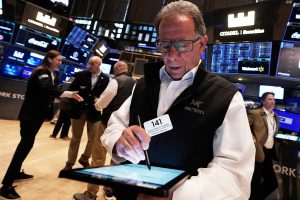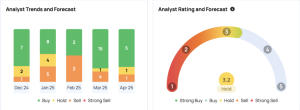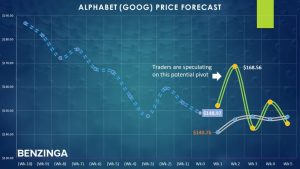
By Naomi Rovnick
LONDON (Reuters) -Beaten-down European stocks are luring investors back after a record underperformance versus Wall Street in 2024, as fears about U.S. economic shocks under incoming President Donald Trump boost the appeal of international markets.
Amundi, Europe’s largest investor, said on Wednesday it had “turned constructive on Europe” because the effect of trade war fears on valuations was exaggerated.
Funds that invest in European equities have also just recorded their first weekly net inflow since October, Lipper data showed, after several big banks this week tipped the market for a 2025 turnaround.
The STOXX 600 index of blue-chip European shares has lost 0.7% this month but outperformed the U.S. S&P 500, which has dropped nearly 3% on fading hopes for U.S. interest rate cuts and policy uncertainty.
Barclays on Wednesday said the European market’s “risk-reward” profile was improving, citing “emerging anxiety around Trumponomics”.
Deutsche Bank and Citi this week forecast double-digit returns for the STOXX this year, while Goldman Sachs said the market’s lowly-valued companies were likely takeover targets.
The STOXX 600 ended 2024 at its biggest discount to the S&P on record, LSEG data showed, as investors flocked to so-called “Trump trades” that bet his policies will lift most U.S. assets.
“There’s room to take the other side of that trade and one of the main beneficiaries will be international markets,” Baird strategist Ross Mayfield said, arguing policy shocks would weaken the dollar and boost U.S. investors’ interest in euro-denominated assets.
Investors are growing increasingly concerned about tariffs refueling U.S. inflation and prompting the Federal Reserve to hike rates, Bank of America said following its most recent survey of global fund managers.
Conflicting reports about Trump’s tariff plans drove the U.S. currency sharply lower on Monday and left investors braced for more U.S. market swings.
“I’ve moved from really disliking international markets to saying I think there is a diversification benefit,” Raymond James Investment Management chief market strategist Matt Orton said.
Cheaply-valued European banks, he said, were now “very attractive”, while he also favoured the region’s aerospace and defence stocks.
The revival in interest in European stocks follows months of gloom as French and German politics plunged into chaos and tariff threats pressure euro zone exporters.
The euro zone economy remains weak, but after four European Central Bank rate cuts last year a long-term decline in euro zone business activity has eased.



